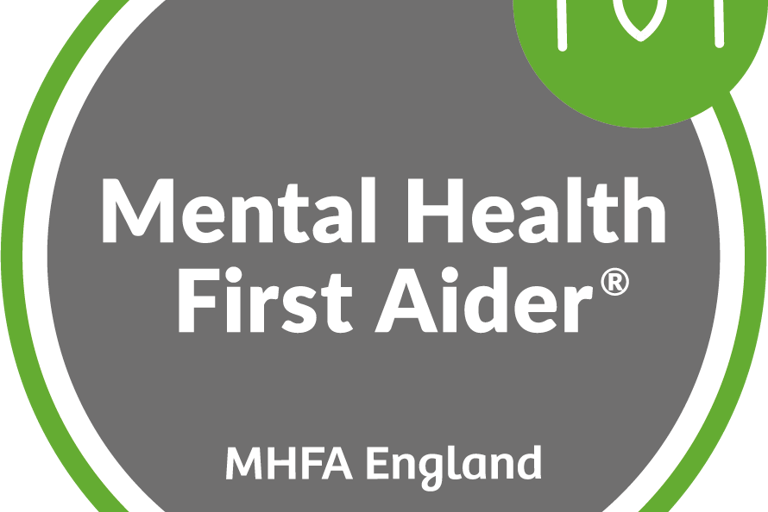Mastering the Art of Saying No: Prioritizing Your Well-being
7/2/20242 min read


The Struggle of Saying No
We've all been there. Whether it's declining a second slice of cake, turning down an extra work assignment, or resisting the urge to attend a social event when we need rest, saying no can be incredibly challenging. Despite knowing that we can't do everything or be everywhere, many of us struggle to say no to things that aren't in our best interest.
Why It's Hard to Say No
There are several reasons why saying no feels difficult. For one, we often want to please others and fear that saying no will lead to disappointment or conflict. Additionally, we might struggle with feelings of guilt or worry that we'll miss out on something important. This fear of missing out, also known as FOMO, can drive us to say yes even when we know we should decline.
The Impact of Not Saying No
Constantly saying yes can take a toll on our health and well-being. Overcommitting can lead to stress, burnout, and a lack of time for self-care. It's essential to recognize that our time and energy are limited resources. By not setting boundaries and saying no when necessary, we risk stretching ourselves too thin and compromising our physical and mental health.
Strategies to Master the Art of Saying No
Learning to say no is a skill that can be developed with practice. Here are some strategies to help you get started:
1. Be Clear and Direct: When you need to say no, be clear and direct. Avoid lengthy explanations or justifications. A simple, polite refusal is often enough.
2. Prioritize Your Well-being: Remember that it's okay to put your well-being first. If saying yes will negatively impact your health or happiness, it's perfectly acceptable to say no.
3. Practice Self-Compassion: Don't be too hard on yourself for saying no. Recognize that you have the right to set boundaries and take care of yourself.
4. Offer Alternatives: If you feel uncomfortable declining outright, consider offering an alternative solution or compromise. This shows that you still value the relationship or opportunity while maintaining your boundaries.
Conclusion
Saying no is not always easy, but it's a vital skill for maintaining balance and well-being in our lives. By understanding why it's challenging and employing strategies to overcome these difficulties, we can learn to prioritize our health and happiness. Remember, it's okay to say no, and doing so can lead to a more fulfilling and stress-free life.






